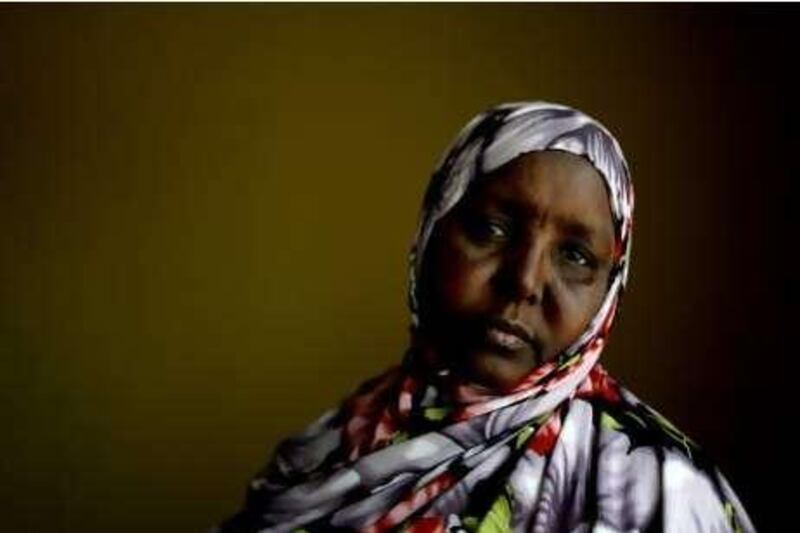ABU DHABI // When Fahmy Aziz discovered 10 years ago that he had hepatitis B, he was too proud to ask for help. "I couldn't pay for the injections," said Mr Aziz, whose name has been changed to protect his identity. "They're too expensive for me: each one costs around Dh1,000, and I'm an agriculture engineer who earns around Dh7,000. I have to pay for my children's college and school fees."
He is one of thousands of UAE recipients of the Zakat Fund, the annual alms tax on financially able Muslims and the third pillar of Islam. Most zakat recipients consider their plight a taboo, one that needs hiding behind a veil of shame. But in a series of interviews with those receiving Zakat Fund aid, many say speaking up will help shed light on wider social issues. "I knew there were some people who could help, but one feels shy that some people might look at him in a bad way. But then I discovered that it was easy and some of my friends encouraged me," said Mr Aziz, who added that he didn't want to give his name out of fear that knowledge of his infection might cause him to be fired.
The Zakat Fund, set up in 2003, is attempting to increase transparency. The government body attributes its record revenues so far this year, about Dh15 million, to more openness in telling the public how their money is spent. Mr Aziz said he finally sought help from a charity foundation in Dubai that paid for 12 of his injections, then the Zakat Fund for another 17, allowing him to finish treatment. "After three months I went for a test, and the virus was gone," he said.
The fund's healthcare programme paid for Mr Aziz's treatment, but it manages many other projects. Some of the fund's revenue goes towards paying off money owed by imprisoned debtors. Another project, "Mawadda", takes care of the needs of Emirati women who marry non-nationals. Such women cannot pass on their citizenship to their husbands or children, making them ineligible for government welfare programmes.
Alya Rashid, a 44-year-old Emirati housewife, has been married to a Pakistani taxi driver for 22 years. Her husband earns Dh1,000 a month. "It is not enough even for rent. We pay Dh2,800 for our studio in Bani Yas," she said. She said she used to receive Dh1,250 from the Social Affairs Centre, but when Sheikh Zayed, the late President, died, the cheques stopped. "They said it was because we had no children," she said.
She said she applied to the Zakat Fund two years ago when their rent increased. They were faced with inflation and medical expenses so the fund's Dh2,000 a month helped them keep their heads above water. The husband of AA, a 40-year-old Emirati mother of four, is a non-national and is in jail for accruing too many debts. After he serves his sentence, he will be deported. "We were living a good life, but then my husband got sent to prison and I couldn't afford my children's school fees, passports and residency renewals, electricity or medical bills," she said. "Not a single dirham entered the house for six months."
She said she tried to make some money baking pastries and selling them to schools. "I would borrow money for the raw material from people, and then sell them and divide the revenue, but it was barely making any revenue because each piece is for Dh1 only, which is lower than the cost of the raw material," she said. Since she applied to the Zakat Fund last November, she has been receiving Dh5,000 a month. "It was not enough for all of the expenses, but at least we now have an income."
@Email:kshaheen@thenational.ae @Email:hdajani@thenational.ae






